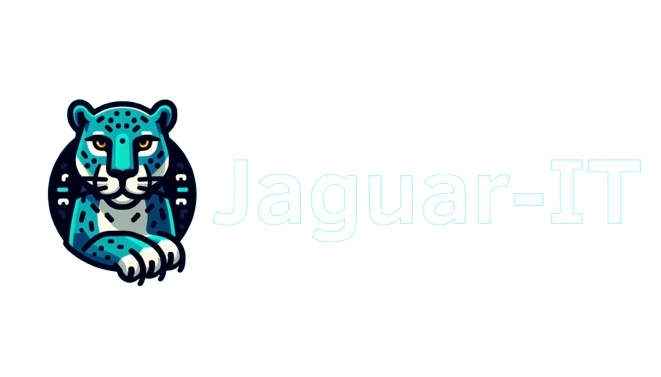In the dynamic landscape of software development, collaboration and code-sharing are common practices. As projects evolve, it’s not uncommon for package ownership to change hands. While such transitions can be necessary for the growth and sustainability of open-source projects, they come with inherent security risks. This article explores the potential security challenges associated with changing package owners and discusses strategies to mitigate these risks.
- Malicious Intentions:
One of the primary security concerns when changing package owners is the risk of malicious intentions. A new owner could introduce vulnerabilities, backdoors, or even entirely replace the package with a malicious version. This threat poses a severe risk to the users who rely on the package, potentially leading to compromised systems and data breaches.
Mitigation Strategy:
- Establish a thorough vetting process for new package owners, including background checks and verifications.
- Implement multi-factor authentication (MFA) to secure package repositories, preventing unauthorized access.
- Encourage a transparent and open community where users can report suspicious activities promptly.
- Abandonment or Neglect:
When ownership changes, there’s a risk that the new owner might abandon or neglect the package. Without regular updates and maintenance, the package becomes susceptible to known vulnerabilities that could compromise its integrity and the systems relying on it.
Mitigation Strategy:
- Ensure that the new owner is committed to maintaining and updating the package regularly.
- Establish clear guidelines on the responsibilities of package owners, including expected response times for addressing security issues.
- Encourage the community to fork the project if the new owner shows signs of neglect.
- Dependency Chain Risks:
Changing the owner of a package can have a cascading effect on the entire dependency chain. If a widely used package changes ownership without proper scrutiny, it could introduce vulnerabilities into numerous downstream projects that depend on it.
Mitigation Strategy:
- Maintain a comprehensive list of dependencies and their owners to assess the potential impact of a package ownership change.
- Encourage developers to stay informed about changes in their dependency chain and promptly address any security concerns.
- Lack of Documentation:
A change in package ownership may result in a lack of documentation or a gap in knowledge transfer. Without proper documentation, users may struggle to understand the changes, new features, or potential security considerations introduced by the new owner.
Mitigation Strategy:
- Enforce documentation standards for all packages, ensuring that essential information, such as ownership history, is well-documented.
- Provide clear guidelines on updating documentation during ownership transitions.
- Communication Breakdown:
Effective communication is crucial during ownership changes. A lack of communication between the former and new owners, as well as the user community, can lead to confusion, mistrust, and missed opportunities to address potential security risks.
Mitigation Strategy:
- Mandate a transition plan that includes a communication strategy to inform users about the ownership change.
- Establish channels (e.g., forums, mailing lists) for ongoing communication between the community, former and new owners.
Conclusion:
Changing package owners is a common occurrence in the open-source ecosystem, and while it can bring fresh perspectives and contributions, it also introduces security risks. Mitigating these risks requires a combination of technical measures, community involvement, and proactive communication. By implementing thorough vetting processes, maintaining open channels of communication, and prioritizing security in ownership transitions, the software development community can minimize the potential security challenges associated with changing package owners.

